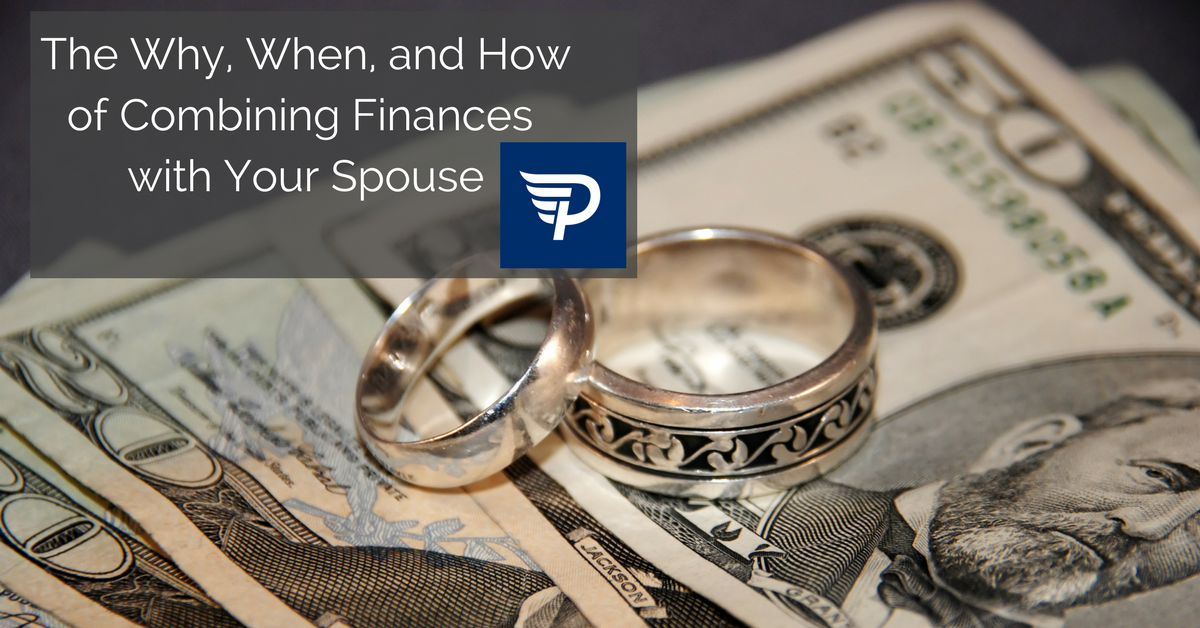What Millennials Need to Learn from the ESPN Layoffs
Posted onWell, this is a bummer.
The big news this week is that ESPN, once considered the fastest growing and most stable news organization in sports, is laying off numerous reporters and on-air personalities.
Layoffs are a cruel reality of the world we live in. Unfortunately, reports of companies cutting jobs pop up in the news far more frequently than they should. And there’s something about how public ESPN’s move was that makes it hit home all the more.
But there are a few important lessons in this story for all of us, particularly for millennials who are relatively new to the workforce.
There’s No Such Thing As 100% Job Security
No matter how quickly your company is growing, no matter how good your last performance review was- in today’s day and age, job security flat out isn’t something that we can count on.
Sure, there are a limited number of exceptions. Tenure can help if you work in higher education. Unions can, too. But for the most part, it’s a mistake to treat a job as completely stable.
Some best practices to help deal with this unfortunate reality:
- Talk to that recruiter who just hit you up on LinkedIn. Even if you aren’t looking for a new job right now, it never hurts to have the conversation and build a relationship with someone who has the capability to make hiring decisions. If you’re ever out of a job on short notice, you’ll be happy to have these connections!
- Update your resume. If you’re anything like me, your resume hasn’t been updated since your last job interview. A best practice is to update your resume – and LinkedIn bio – once a year. That way, it’s ready to go whenever you need it.
- Network, Network, Network. There’s many ways to do this one, but you absolutely have to be networking in your industry. Attend a conference that caters to professionals with your particular area of expertise. Use a site like Meetup or Eventbrite to find local networking events in your city. Building relationships is the name of the game.
- Mind your finances. Of course, there are huge financial concerns with the risk of job loss too. Which brings us to our next major point…
You Absolutely Must Have an Emergency Fund (In Cash)
As a financial planner, I help people meet a wide variety of financial goals. From retirement, to paying down student loans, to buying a home– there are a ton of different ways to allocate your money to improve your financial future.
But none of those things happen until you have an emergency fund.
You read that right. Of course, you need to meet you minimum financial obligations. Pay the minimum on your student loans each month, don’t miss credit card payments, contribute to your 401(k) until the match point. You know the drill. But, before you start looking to invest any “extra” money, you need to work to build an emergency fund.
The golden rule is to (eventually) build up to the point where you could support yourself for six months, without holding a job, just from your emergency fund. But I wouldn’t focus on that right away- that’s a pretty intimidating goal for most people to reach.
Instead, calculate your average spending for one month, and focus on accumulating that much money in your emergency fund. Once you have that much, focus on doubling it. And so on, until you get to six months.
In other words, being so far away from reaching your emergency fund savings goal isn’t an excuse to not try to reach it in the first place. Start small, and focus on saving a month’s worth of expenses at a time.
And one more thing- I don’t care how low savings rates are, you need to keep your emergency fund in cash. If you invest your emergency fund and you were to immediately lose your job just as the stock market crashes, it won’t do you much good. Set a goal for your emergency fund, and keep it in cash. Preferably, in a separate savings account from the rest of your savings, so you won’t be tempted to spend it.
What’s More Secure: A “Side Hustle”, or a Full Time Desk Job?
If you were to ask 100 people whether it’s safer to have a full time job with an employer, or to work for yourself, I’m guessing that over 95% would say that it’s safer to have a full time desk job.
That may well be true. It takes a lot of work to build your own revenue streams from the ground up.
But if you start your own business as a “side hustle”, and slowly grow it over time to the point where it could become a full time endeavor for you, I’m not so sure that this type of model is less secure than working for a “real” company.
Let’s put it like this. Pretend that you have experience designing websites and writing code. Would it be more secure for you to A) work for a company that does web design and be paid a salary, or B) to work as a freelancer part time and (over time) build up to 50 web design clients, enough that you could quit your full time job?
In Scenario B, if a client were to “fire” you, you would lose a total of 1/50 of your income, or 2%. In Scenario A, if your employer were to lay you off, you’d lose 100% of your income.
The point of this isn’t to try to convince you to quit your full time salaried jobs. Rather, I’d encourage you to revisit the way you think about your income and job security. Finding a side hustle that you are passionate about and can sell to other people is a great way to diversify your income streams. Just as you wouldn’t invest all of your money into one stock, it’s a best practice to diversify your income sources as well.
Hopefully, This is Never Relevant to You
Obviously, I hope you’re never in a situation where you’ve been laid off for a job. But just in case, following the steps I outlined above will leave you more prepared to handle this situation.


